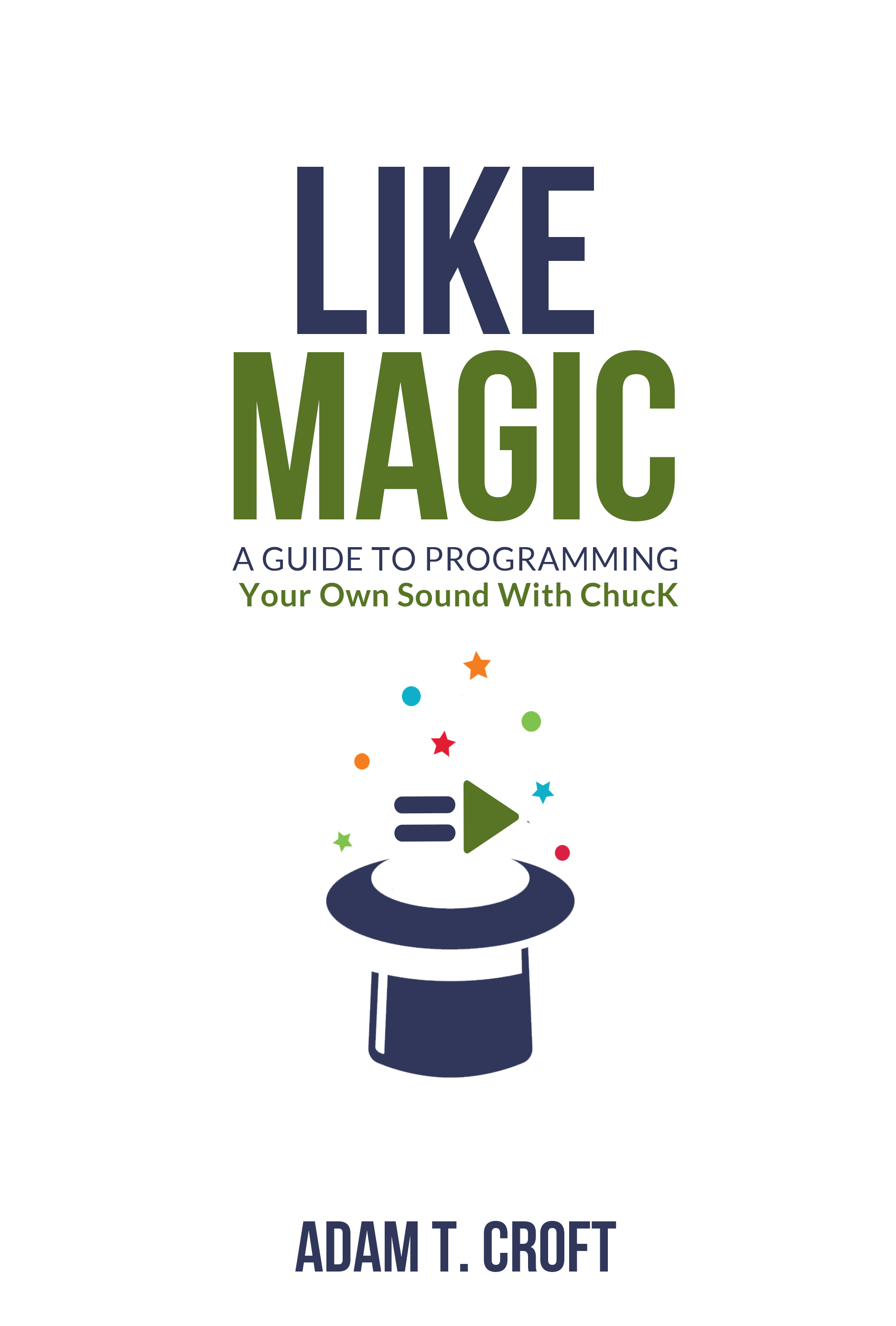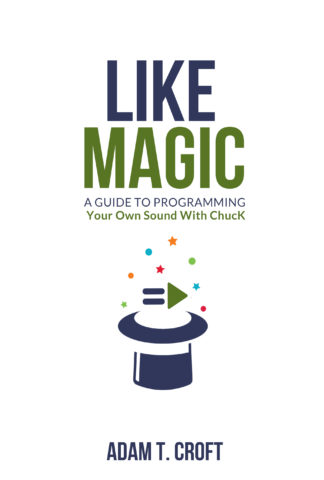Description
Does “audio programming” seem really difficult?
Have you traversed websites looking up how to make your own plugin – perhaps your own VST – and came away confused and not sure exactly what to do? Perhaps you’re bad at math and completely intimidated by calculus and linear algebra. Perhaps you “get” the syntax of C++ but when you try and use it practically you just get lost.
What would it be like if you could begin to gain the skills and knowledge of how to manipulate digital audio – sample by sample – without first having to jump in the deep end?
What if you could take your own sounds and manipulate them in your own program the way you want to? What if you could create your own completely custom controls for your own MIDI controller?
What if you could record all of the sounds you create right back into your own DAW?
Then you’d be on the road to both cool sound design and a path to making your own plugins.
The Path Starts Here
What nobody tells you is that audio programming is actually a very difficult discipline if you’re coming from the creative side of audio. It combines two skills – “low level” programming and digital signal processing math – into one extremely unique skills set. Most individuals competent in these two things have enough knowledge to land extremely lucrative engineering careers in high paying fields.
But that doesn’t mean you need to be discouraged.
Over the years, various “audio programming languages” like CSound, SuperCollider, Max/MSP, and Pure Data have hit the scene to try and make programming more accessible to content creators and “non-programmers”.
ChucK is a language that’s similar, but different.
ChucK is not a node-based visual scripting language, it’s written. It’s also optimized to be used “on-the-fly” meaning for live performance in concerts. It can also be used to render audio “in place” by taking your program and rendering its output.
But one of its coolest uses is it’s ability to output and input audio to and from your DAW. Then you can use it to build your own custom instruments, filters, effects, and more.
The best part is that the language is written for audio professionals – not for programmers.
There’s nothing incredibly complicated. The “signal flow” is written in a way to be familiar to you. All of the tools are things you’re used to seeing as audio gear already.
If you’ve ever felt intimidated by the path to learn programming, or “audio programming” specifically, your path starts here. Learning ChucK starts easily, but can get as complex as you want to make it – down to editing individual samples with custom DSP algorithms if you choose.
See it in Action
What You Will Learn
- What ChucK is, and a brief history of the language and its creators
- Why you should learn ChucK in the first place
- The benefits of learning ChucK vs node-based visual scripting (Pd or Blueprints)
- How to synthesize sound waves with ChucK
- How to use ChucK from the command line/terminal
- How to use randomization to procedurally create sound
- How to play and manipulate .wav files with ChucK
- How to create your own custom drum machine from a single .wav file drum loop
- How to control and manipulate time in a programmatic environment
- How to utilize ChucK’s existing virtual instruments, effects, and filters and customize them
- How to utilize multi-threaded programs
- How to use modulation to customize and affect your sounds even further
- How to record ChucK’s output to your DAW
- How to control ChucK with MIDI input devices
- How to send and receive OSC messages with ChucK
- A pile of additional resources including other books and video courses to go further in your audio programming journey
What’s Included
Your purchase of Like Magic includes the 70+ page guide in PDF format.
What Others Say About “Like Magic”
“The only hesitation I had [about buying ‘Like Magic’] was simply asking myself, “Will this actually be useful for you?”. But the price point made that fairly trivial. I’ve wasted $12 in much dumber ways. And this was definitely NOT a waste.”
“It’s very well written. It explains things very clearly, and progresses logically. I never felt overwhelmed…until the Updated Drum Machine. But even that felt manageable, based on the experience the guide provides. And I think ChucK could be a very valuable tool for many sound designers that I know, with a relatively minimal time/effort investment.”
“I wasn’t sure if I’d just pick this up, see what I could take from it, and move on…or if it would be my gateway into further ChucK programming, and eventually learning something a bit more complex. It’s 100% the latter; I am so pumped to get into the ChucK manual and other resources you’ve provided, and see what I can really do with this.”
Dana Difilippantonio, Sound Designer & Composer @ Pixel Noise
Who Shouldn’t Buy This
Like Magic is an entry point to audio programming for content creators and audio professionals. Some of you shouldn’t buy this.
Seasoned, professional programmers could easily look elsewhere as the material is beginner friendly and would only be suitable to learn a bit of the basics of digital audio. However, this is also found in other places more suitable to professional engineers.
Sound designers who have no interest in programming need not buy a copy of the guide either. Though working with ChucK will supply a very unique tool to your sound design arsenal – it will not get you hired for a job, especially doing sound design. It also won’t make your sound design better. If you don’t care about programming in the slightest, this one isn’t for you.
Create Your Future
Creating and affecting sound with code doesn’t have to be hard.
You can – even without much programming knowledge – create your own tools to improve your sound design and music creation arsenal.
Those skills are much, much closer than you think.
Refund Policy
If you’re not completely satisfied with the product, I offer a 30-day, no questions asked, 100% money-
back guarantee. Just send an email to me@adamtcroft.com.
Have further questions? Email me@adamtcroft.com
Copyright 2016-2021, NIR LLC, all rights reserved.


